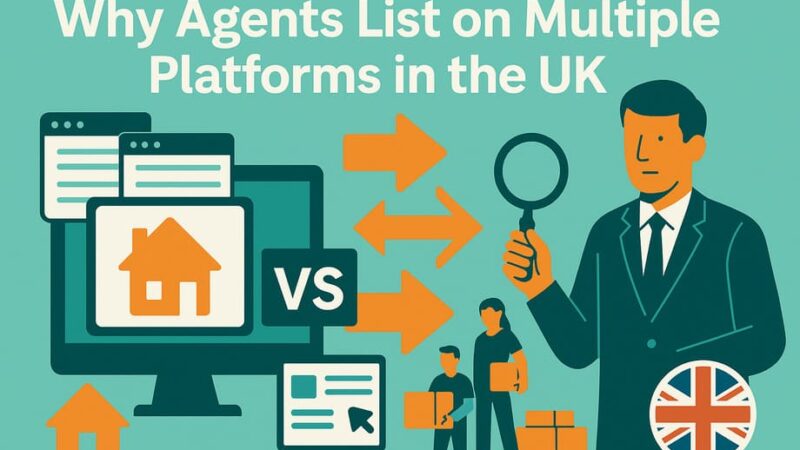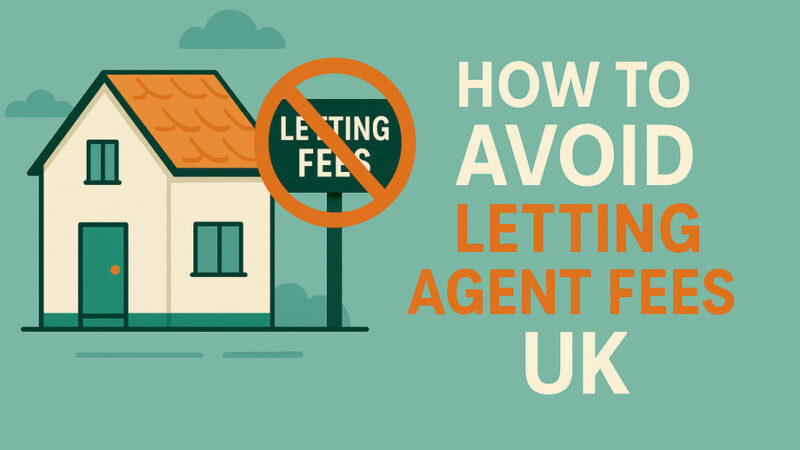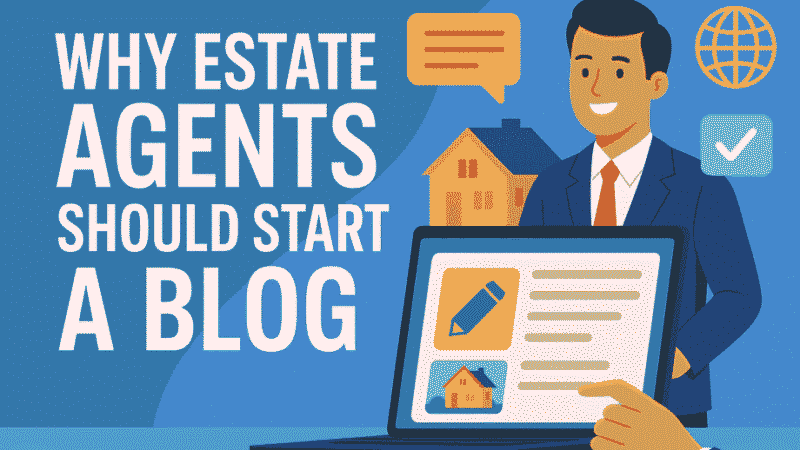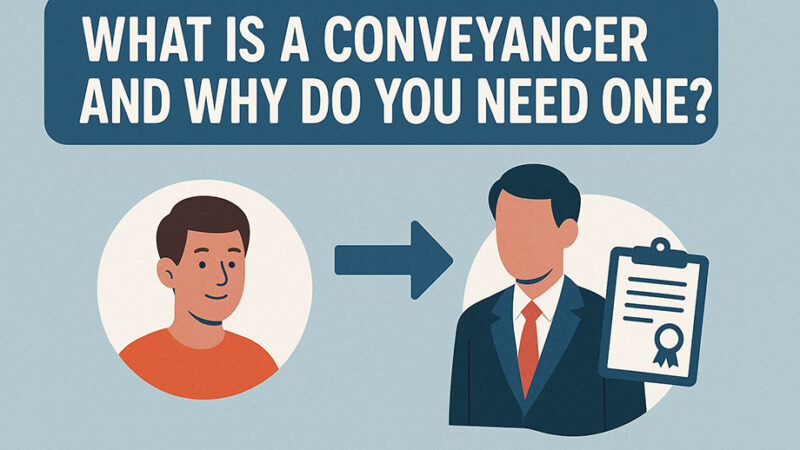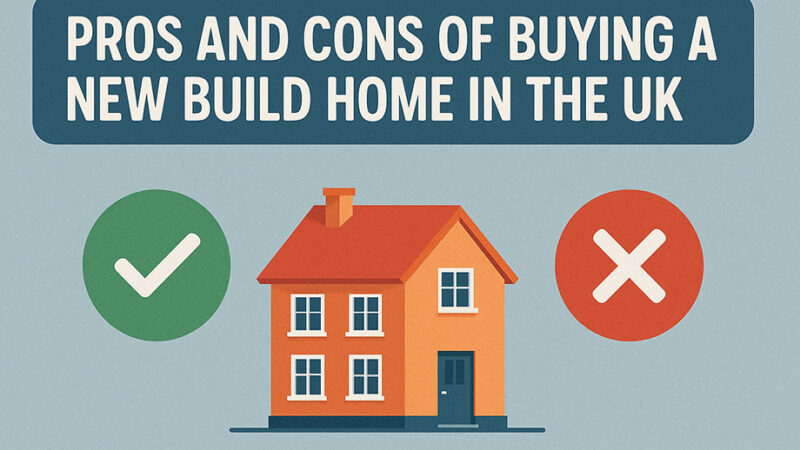Estate Agent Fees in the UK – Everything First-Time Buyers Need to Know

Buying your first home is a major milestone and a significant financial commitment. While you’ve probably budgeted for your deposit and mortgage, one cost that often takes first-time buyers by surprise is estate agent fees.
Whether you’re buying, selling, or both, understanding how estate agent fees work in the UK will help you make better decisions, avoid hidden costs, and potentially save thousands of pounds. In this guide, we break it all down in plain English.
Table of Contents
What Are Estate Agent Fees?
Estate agent fees are charges paid to an estate agent for marketing, managing, and selling a property. In the UK, these fees are typically paid by the seller, not the buyer. However, as a buyer, it’s still important to understand how these fees influence property pricing, negotiations, and overall value.
Estate agent fees usually come in one of two formats: a percentage of the final sale price, or a fixed fee, depending on whether you use a traditional or online agent.
Types of Estate Agent Fees in the UK
1. Percentage-Based Commission
This is the most common type of fee charged by traditional high street estate agents. The agent takes a percentage of the final sale price, typically ranging from 1% to 3% plus VAT.
Example: If you sell your home for £300,000 and your agent charges 1.5%, you’ll pay £4,500 + VAT.
2. Fixed-Fee Estate Agents
Online estate agents often charge a flat fee, such as £999, regardless of your property’s value. This can be more affordable, especially for higher-value homes, but often comes with fewer included services. Fixed fees are usually paid upfront.
3. No Sale, No Fee
This model is common among high street agents. You only pay the fee if your property successfully sells. While this is lower risk, it may come with slightly higher commission percentages.
What Do Estate Agent Fees Cover?
Understanding what you’re paying for helps you evaluate whether an agent’s service is worth the cost. Typically, estate agent fees include:
- Property valuation
- Photography and floorplans
- Advertising on property portals like Rightmove and Zoopla
- Managing enquiries and arranging viewings
- Negotiating offers with potential buyers
- Liaising with solicitors during the sale process
Additional services such as premium listings, hosted open days, or video tours may come at an extra cost, so always ask for a detailed breakdown.
7 Tips to Save Money on Estate Agent Fees
If you’re selling a home — or advising a family member who is — the right estate agent can make all the difference. Here are seven practical tips to help you save money while ensuring great service.
1. Compare at Least Three Agents
Don’t settle for the first agent you speak to. Compare fees, services, and customer reviews. Use comparison websites like GetAgent.co.uk to shortlist top-performing agents in your area.
2. Negotiate the Fee
Estate agent commissions are rarely fixed. If your property is in a sought-after area or likely to sell quickly, you have strong grounds to negotiate a better rate.
3. Always Ask if VAT is Included
Some agents quote fees excluding VAT (currently 20% in the UK). Make sure you know the full cost before signing any contract.
4. Be Careful with Tie-In Periods
Avoid long sole-agency contracts that lock you in for more than 8–12 weeks. This gives you flexibility to switch agents if you’re unhappy with the service.
5. Understand What’s Included
Not all agents offer the same services as part of their standard fee. Confirm that essentials like photography, listing on major portals, and conducting viewings are included.
6. Consider Online or Hybrid Agents
Online and hybrid agents can save you money with lower fixed fees, but they may require more involvement from you. Ideal if you’re confident handling viewings and negotiations.
7. Read the Fine Print
Always check for hidden costs, such as charges for cancelling early, withdrawing your property, or using optional marketing upgrades.
Pros and Cons of Different Estate Agent Models
Here’s a breakdown of the main types of estate agents and how their fee structures compare.
High Street Agent (Percentage-Based)
Pros:
- In-person service and local expertise
- Usually includes full management of the sale
- “No sale, no fee” model provides financial security
Cons:
- Typically more expensive (1%–3% + VAT)
- May tie you into lengthy contracts
Online Agent (Fixed Fee)
Pros:
- Lower overall cost
- Fees usually transparent and agreed in advance
- Ideal for sellers looking to cut costs
Cons:
- Often requires upfront payment
- You may have to conduct viewings and handle negotiations
Hybrid Agent
Pros:
- Offers a balance of affordability and service
- Often includes local property experts
- More flexible packages than traditional agents
Cons:
- Quality of service can vary
- Add-ons may push the total cost up
Understanding estate agent fees is crucial for making smart financial decisions when selling your home — especially in a complex market like the UK.
As a first-time buyer, even if you’re not directly paying these fees, they shape the pricing, offers, and urgency behind every property you view. And if you’re selling and buying at the same time, choosing the right agent can mean the difference between a smooth move and a stressful one.
Be sure to compare options, read the fine print, and choose a fee model that fits your needs.
Last Updated on October 7, 2025 by James Cartwright


